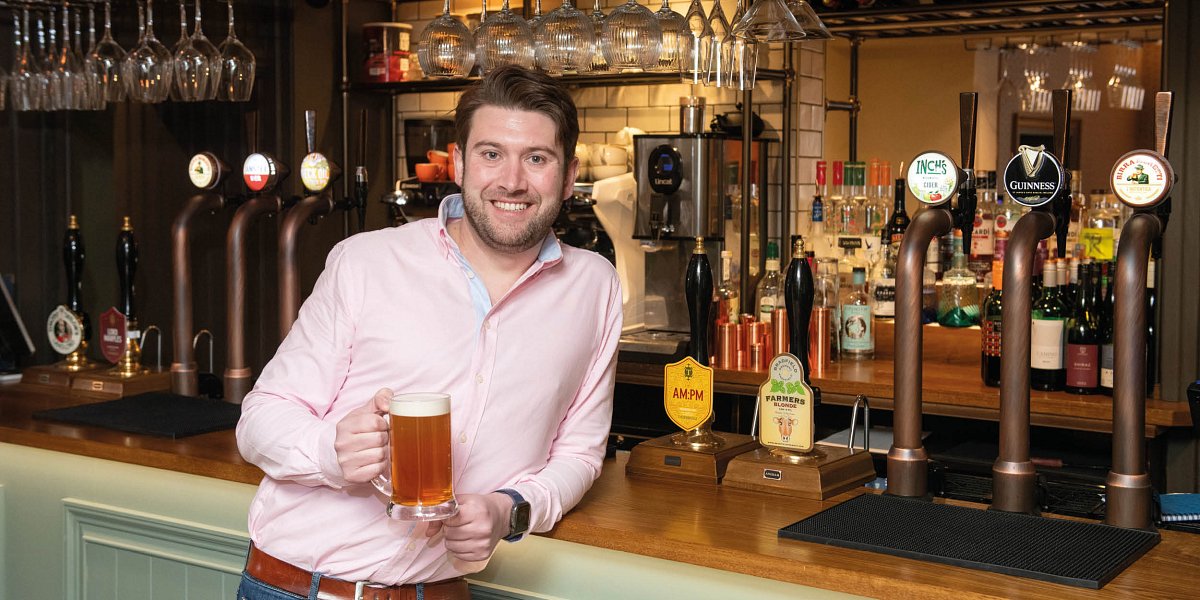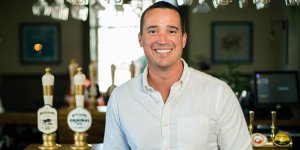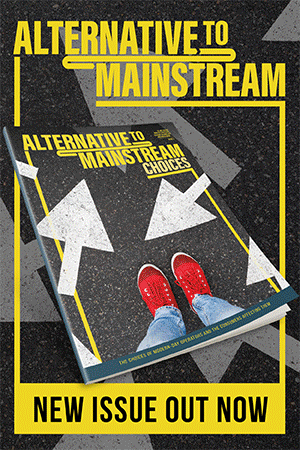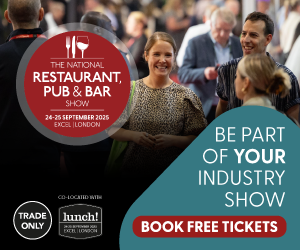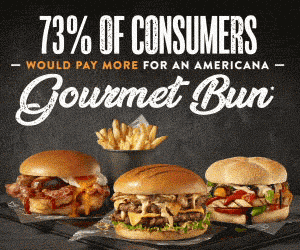Interview: Rob Hattersley, Longbow Venues
Rob Hattersley, managing director of Longbow Venues, talks to Pub & Bar about his growing operation, going from GM to MD and maintaining his aim of putting people first.
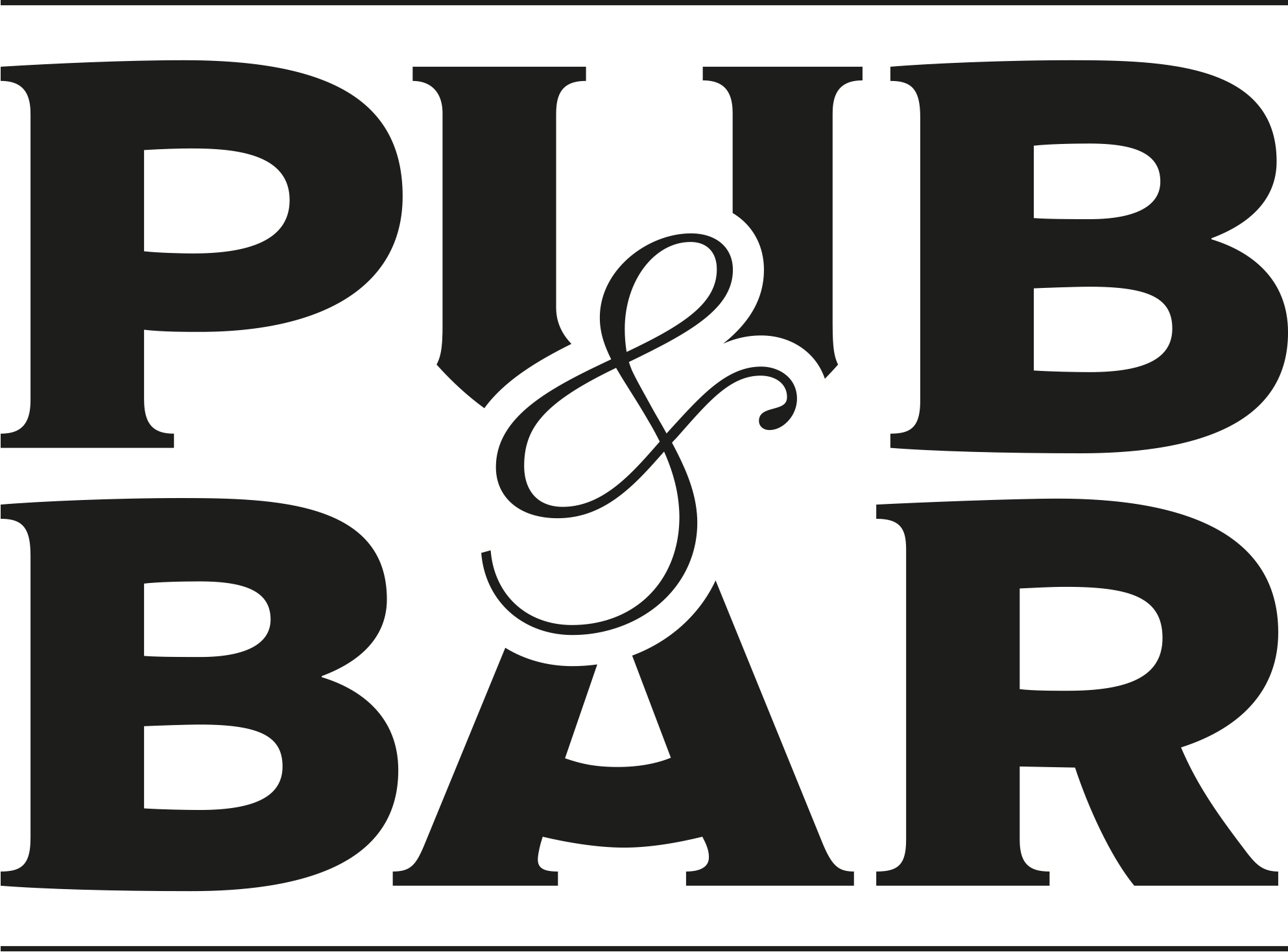
P&B: Thanks for talking to us, Rob. You started Longbow Venues in 2020. How did the business come about?
RH: I was working for a large PLC for a long time and thoroughly enjoyed it up to a senior general manager level. But in the final few years, everything started to change, and what was a great, cultured organisation turned into a very profit-driven, margin-driven workplace where nothing ever was good enough. Although I was beating my budget on profit by £200-300,000 a year, the margins were never good enough. It got to a point where I just started feeling very miserable.
The nail on the head came in 2018 when we had a great summer and trade was booming. We were meeting budget on profit every month by £40-50,000 because the weather was so great. In September, it threw it down with rain, and because it threw it down with rain we weren’t hitting our sales forecast, so my area manager came to me one day and said: ‘You need to bring your labour lower.’ But I could not bring it any lower without affecting quality, customer experience or staff morale. The response that I got was: ‘Well, unfortunately, we’re going to have to rebuild your reputation, rebuild your team in the next few months, but you need to come in on these numbers.’ I threatened to walk out that day.
P&B: Wow, sounds tense. So, did you walk out?
RH: They stopped me, but I knew I couldn’t do it anymore. So I started looking for a site of my own, and I sold my house and put everything into opening my first venue, which was The Maynard in January 2020. Maxed out my credit cards, started my own business, and then six weeks later closed it down because of Covid. But it didn’t stop us. Coming out of the second lockdown, I was offered my second site, which was The George. I jumped at it and then in 2023 I got approached about The Ashford Arms, which had been closed for four years. It was a Covid casualty, but is now tracking as a £2.7m a year business.
The big thing for me when I started Longbow was all about people, and it was all about doing things the right way and actually putting people first, which is something that I was taught years and years ago. As things changed in the companies I worked for, that sort of went downhill, but it was really, really important to invest in the people and get the people passionate about our business, as they’re the people that drive your business forward. We’ve learned this and we’ve got really strong rates of retention. Now we’re growing at a rapid rate, with three more sites opening in the next nine months.
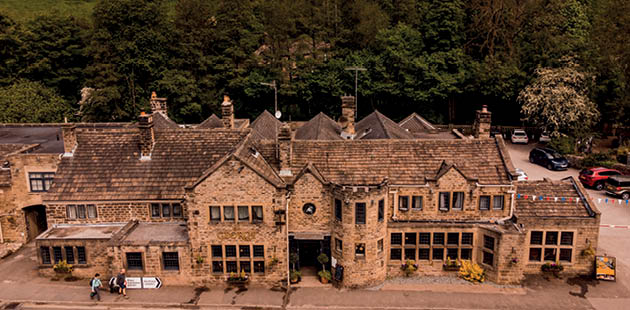
The George, Hathersage
P&B: That’s right. You’ve got The Peacock at Owler Bar and a conversion of an old bank in Bakewell. When will they be ready?
RH: We’ve got The Peacock opening this month, and that’s undergoing a £350,000 refurbishment. And for the Bakewell bank, we’re just waiting on a planning decision, which is all about the conversion of an old bank into a large bar and restaurant.
P&B: Your latter years as a GM sounded rather stressful. How do they compare to running your own multiple operation?
RH: It’s a different type of stress, but when you’re working for yourself, you can make the decisions to overcome that stress. The stresses that you used to have, like high staff turnover because you couldn’t look after your staff properly, can be sorted, as we invest in the staff. We have great staff retention. We’re not paying high recruitment costs. It’s a different way of looking at it compared to my old role, as we can employ more people to drive the sales and drive the business, which return over the next few months. But with a PLC, they want to know one month to the next, and don’t invest in that future.
P&B: Longbow ‘Venues’ suggests it’s not all about pubs. Can you summarise what it is you do?
RH: I refer to it as ‘everyday premium’. It is fresh food, local suppliers, efficient service by energised employees. They’re the fundamentals. And then each site, as we look at it, has different attributes, different sorts of demographics that we consider and then tailor the offer to the site itself.
When I first started, I looked at a pub in the area called the Robin Hood, hence the name ‘Longbow’, but as we’ve grown and we’ve added rooms and we’ve got wedding venue and all sorts now, Longbow Venues is all encompassing, and it gives us the flexibility to take on whatever we think is right for the business model.
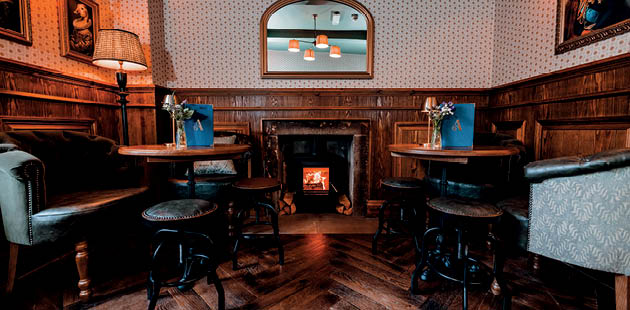
Roaring fires at The Ashford Arms in Ashford in the Water
P&B: You’re an expanding business that is creating more jobs and generating more tax. Aside from the fun of Budget announcements, what’s the biggest challenge in your inbox?
RH: My biggest challenge at the minute is looking at the cash flow for the next few months with all the investments we’re making. But recruitment is always an issue. We are having to outsource internationally. We sponsor visas to make sure our kitchens are fully staffed and stocked. The Budget is always a challenge, and we anticipated National Insurance, but the threshold was quite dirty, not going to lie, but it’s something we’ve just got to move forward with and we’ve got to think outside the box. How are we going to tackle it? I appreciate there’s a lot of doom and gloom around it, but you’ve got to think: ‘Actually, how do we get around it? How do we manage it and how do we make sure we’ve still got those people coming through the doors that are going to spend the money and that we can still carry on as a business?’
P&B: More pub companies are moving towards sponsoring visas to help tackle recruitment issues. Is it something you’d recommend?
RH: I mean, it has got harder. The Conservative government didn’t make it any easier because they put the threshold up to £40,000. But if people are already in the country, you can tap onto what they were being paid before. Everything is a challenge, but you’ve just got to look for those loopholes, and you’ve just got to look for how you can do it. By sponsoring people, they’re with you for three years. They can’t go to anyone else without being re-sponsored, which costs the employee money and obviously the business money. But it’s so much better to do that than go to a recruitment agency, because there you might get someone for three and a half months. You pay £5,000 for them. They’ve gone just after the probationary period, and you start the whole process again. With the visa sponsorship, you’ve got them for three years, and we just make sure we look after them, treat them like human beings, make sure they feel loved, that they feel rewarded. And it works well. I think we’ve got about 14 staff now on the visa sponsorship scheme, and it’s been an absolute win-win situation for us.
P&B: You’re moving quite quickly in terms of expanding the portfolio. Is there a limit to how many you think you can open?
RH: I think it’s got to be location. It’s got to be sites. It’s got to be covers. I’m not looking at anything that’s going to bring in an EBITDA below £400,000. Instantly, when you see those sites, you look at the cover count, you look at the location, the geography, you instantly know where it’s going to sit, what it’s going to do. We think about cash flow and how we can do it, but also employee resource. We like people to grow within. We want that culture to continue. If we expand too quickly, we’ll lose that, because we won’t have the culture running through the business. But at the same time, if we don’t expand quick enough, we’re going to lose people, because they’re going to get those opportunities for growth and progression elsewhere.
We’ve been lucky so far that every site we’ve taken has been a success. We’ve got some great people going through the business, and we will keep expanding at a rate that we can control. We make sure that our culture doesn’t change, our values don’t change, and we can still provide the quality of product and service to our customers. I think the minute it starts getting stressful, the minute it starts to get uncomfortable and just not very nice, we just need to stop and hop back and say: ‘OK, let’s take a breath. Let’s take a moment and regroup and move from there.’

The Ashford Arms garden
P&B: What’s the turnover of the whole business at the moment?
RH: It’s hard to say right now, as we lost The George for eight months last year because of Storm Babet. But that’s back on its feet. We retained the whole team and made sure everyone was paid. Insurance was tricky, but we got there in the end. But we’ve moved on. We move forward. At the moment, the group is tracking at £8.8m. I’m forecasting £16m next year.
P&B: What advice would you give an aspirational GM who is looking to open their own business?
RH: I was lucky that I had people around me that wanted to make the jump with me. I’ve been very fortunate that I’d made a lot of cash reserves and made a good investment in my property. I think cash is king, and you’ve got to have capital to go into a business, and you’ve got to be able to put everything on the line.
I think when I did it myself, I had the experience and the knowledge to be able to do it. I also educate myself in terms of looking at what other CEOs have done. I look at different sorts of management traits and management psychology as well. That’s helped me to get to where I am. But there are loads of schemes and businesses out there that will help young people get to that point. You’ve got to have the confidence and you have got to put everything into it. It’s not a part-time thing. For the first two years, I was working 80 hours a week to make sure everything was working the way I wanted it to. Everyone understood that culture, those values, and now I can take the foot off the gas a little bit, because I’ve got people that will drive my business forward.



